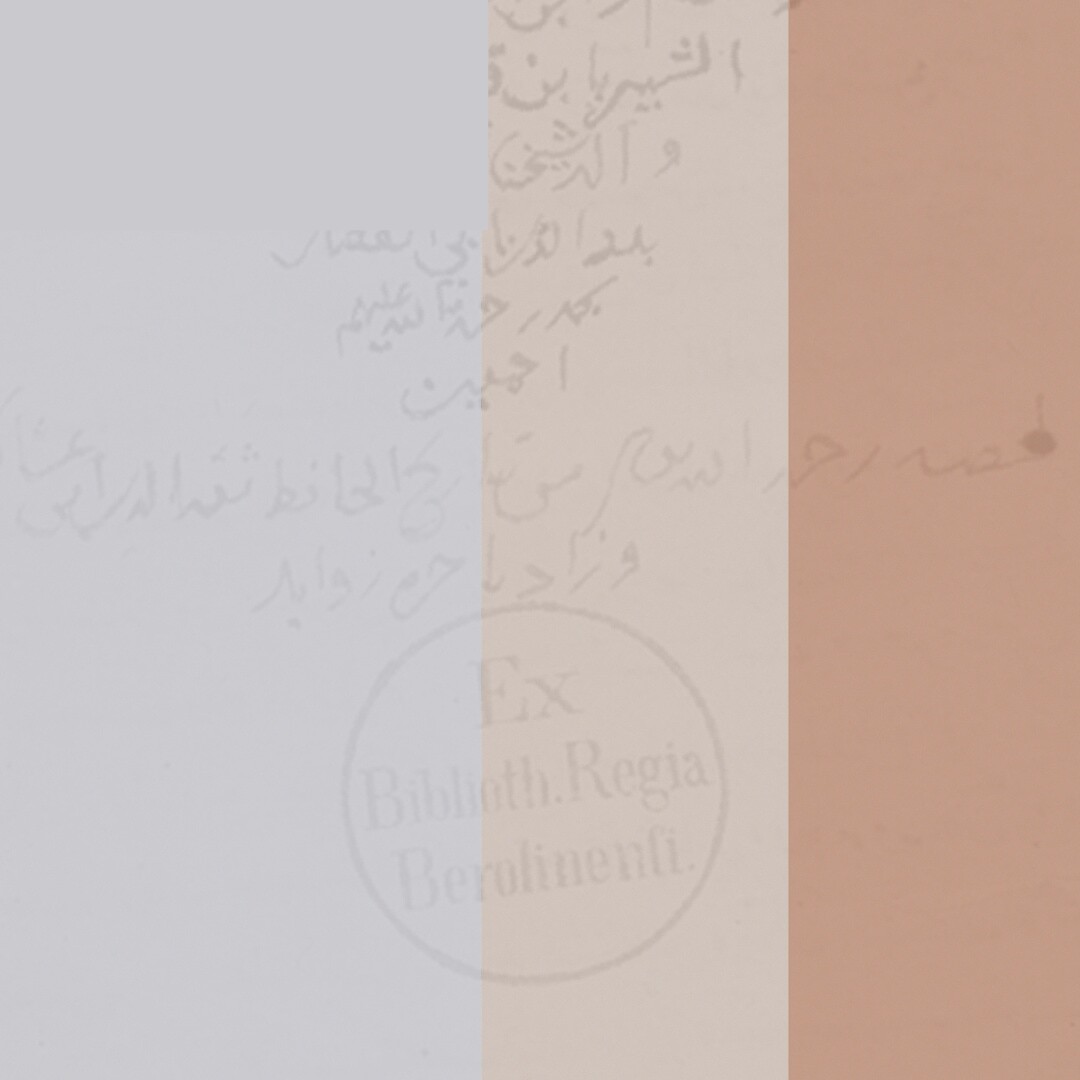
Yavuz Sezer Memorial Talks
Damascus: A City in Words
Dana Sajdi
05 December 2023 / 18:00

This is a portrayal of Damascus that is based on a continuous tradition of local representations of the city that began in the twelfth century and continued uninterrupted into the modern period. While comparing this textual tradition to its European counterpart of painted landscapes and exploring its relentless, subjective, and defensive nature, Dana Sajdi offers a historical cartography of Damascus that is both critical of and faithful to this local practice of “cityscapes” in words.
The talk at Pera Museum Auditorium is free and does not require registration.
The event will be in English, with simultaneous translation into Turkish.
About Dana Sajdi
Dana Sajdi (Ph.D., Columbia University 2002) is an Associate Professor of Middle Eastern History at Boston College. She is the author of The Barber of Damascus: Nouveau Literacy in the Eighteenth-Century Ottoman Levant (2013, Turkish and Arabic translations in 2018); editor of Ottoman Tulips, Ottoman Coffee: Leisure and Lifestyle in the Eighteenth Century (2008, in Turkish 2014). She is the recipient of several fellowships including the MIT-Aga Khan Program for Islamic Architecture and the Radcliffe Institute for Advanced Study at Harvard University.
Moderator
Akif Ercihan Yerlioğlu is an assistant professor at the department of History, Boğaziçi University. He completed his PhD at Harvard University’s joint program in Middle Eastern Studies and History. In his research, Yerlioğlu focuses on Ottoman medical discourses of the seventeenth and eighteenth centuries, especially the novel ideas and practices which were labeled as tıbb-ı cedid (new medicine). He follows a comprehensive approach analyzing the medical manuscripts of early modern Ottoman scholars and the interactions between the state and physicians in the medical marketplace.
Yavuz Sezer Memorial Talks
This series aims to commemorate the intellectual legacy of our late friend and colleague Yavuz Sezer. Yavuz Sezer was a passionate historian whose work on Istanbul’s libraries in the eighteenth century stood at the intersection of architectural history, urban history, and book history. His research was a testament to his love of Ottoman history and architecture. Furthermore, he brought Ottoman libraries to life with his keen eye on urban history, exploring the myriad ways in which Istanbulites integrated libraries into their social world and furnished them with cultural meaning. He further saw the history of libraries as a window onto the intellectual concerns and interests of the Ottoman reading public. Yavuz Sezer Memorial Talks, co-organized by the Istanbul Research Institute, Koç University’s Research Center for Anatolian Civilizations (ANAMED), Boğaziçi University Department of History, and Yavuz Sezer’s Friends, to carry forward Yavuz Sezer’s multidimensional approach to urban history which brought together spaces, people, and ideas. Each year, we host a historian whose work makes an important contribution to the history of architecture, urban studies, and/or book culture. Our aim is to facilitate conversations across these fields that will realize Dr. Sezer’s vision of a multifaceted cultural history that brought together the material and the social/intellectual.
About Yavuz Sezer
Yavuz Sezer was born in Bakırköy, Istanbul on September 13, 1979. After spending his early years in Kocamustafapaşa, he graduated from the Vefa High School in 1997. He obtained his BA and MA degrees at the History Department of Boğaziçi University. He then began his doctoral studies at the History, Theory and Criticism of Architecture and Art Group at MIT (Massachusetts Institute of Technology). He completed his PhD. program in 2016, with a successful dissertation entitled “The Architecture of Bibliophilia: Eighteenth-Century Ottoman Libraries.” This dissertation is currently being prepared for publication as a scholarly monograph. Yavuz Sezer taught at the Faculty of Architecture, Bilgi University from 2013 until 2021. During these years, he taught a wide variety of courses in urban, cultural, and architectural history and inspired thousands of students. Sezer’s interests spanned a broad range of subjects, primarily architectural, intellectual, urban history, and history of the book. His untimely passing on March 24, 2021, was a huge loss for his family, friends, colleagues, and students as well as for the field of Ottoman history.

